Lewis Family Speaks to Fordham
(Courtesy of Fordham FinTech Network)
March 14, 2018
Filed under News
Hang on for a minute...we're trying to find some more stories you might like.
Email This Story
By Aislinn Keely

Loida Nicolas Lewis (left) and Christina Lewis Halpern (right) spoke about their family’s legacy. (Courtesy of Fordham FinTech Network)
The late Reginald F. Lewis built a billion dollar empire on the global food company TLC Beatrice. As the company’s head, he became the first American to make a billion dollar overseas acquisition. His surviving wife, Loida Nicolas Lewis, and daughter, Christina Lewis Halpern, discussed his legacy at the FinTech event, “The Legacy of an International Empire: Reginald F. Lewis & TLC Beatrice.”
The informal format lent itself to a conversation that touched on Lewis’s approach to business, his life and the approaches of his surviving wife and daughter.
Lewis was always bent on business, according to his wife. In his childhood, he bought a paper route for $10, and later sold it for $140.
Before his business ventures, Lewis attended Harvard Law and founded the first African American-owned law firm on Wall Street. Though his grades were not particularly strong, Mrs. Lewis said he made it a point to cultivate friends from all backgrounds during his time at Harvard.
“In his mind, he was going to be universal,” she said.
Later in life, Lewis founded a college and focused on educational initiatives for those in poverty. Mrs. Lewis said she and her husband considered education key to social mobility.
“Education is the way out of poverty,” she said.
However, Mrs. Lewis discussed her husband’s failures as the keys to his success. She said he lost his scholarship during his time at Harvard, and his first big business deal failed after the man he sought to make the deal with accused him of bad business practices.
While Mrs. Lewis said Lewis’ identity as a black man influenced his opportunities, she said Lewis never attributed failures to racism.
Halpern also touched on the importance of failure. Following in her father’s footsteps, she founded All Star Code, a nonprofit focused on equipping boys in poverty or from minority backgrounds with coding skills. Halpern said the idea of failure and having a growth mindset is a big part of the curriculum her company teaches.
Growth mindset is an approach used by people like Mark Zuckerberg and Michael Jordan, according to Halpern. It requires an emotional detachment from failure, leading the practitioner to view failure as a building block to success and take more risks without the fear of an undesirable outcome.
After building his empire, Lewis passed at age 50. The New York Times wrote his obituary after Lewis lost his battle to brain cancer in 1993.
Mrs. Lewis subsequently took over the company, and balanced being a mother to their two children as well as the head of her late husband’s business ventures.
She said in order to balance the responsibilities as business executive and mother of two, she made family a priority.
“There is a basketball game, I’m there. Unless I’m in Europe, then Grandma is there,” she said. “You have to have the family.”
Family is still important to Mrs. Lewis, and said she came to Fordham to spread her husband’s legacy. Mrs. Lewis repeatedly referenced the PBS documentary of her husband’s life, “Reginald F. Lewis and the Making of a Billion Dollar Empire,” and his biography “Why Should White Guys Have All the Fun? How Reginald F. Lewis Created a Billion Dollar Empire.”
Carina Oriel, GSB ’20, co-president of Fordham’s FinTech Network, organized the event after having tea with the Lewis family. The families are friends, and do work together in the Filipinocommunity, according to Oriel. She said she was inspired by their story and wanted to help promote Lewis’s legacy.
“I had grown up knowing his story, but I wasn’t really as familiar in depth with it,” said Oriel.
In previous conversations with Mrs. Lewis, Oriel said she learned about the Lewis documentary, and Mrs. Lewis’s endeavor to bring it to different companies and universities. Oriel said she wanted to get involved.
“I was just like, I want to bring this to Fordham, this is the most amazing opportunity for us to do that,” she said.
Originally, only Mrs. Lewis was slated to speak, according to Oriel. However, the Fordham Foundry had a connection with Halpern, which led to her participation. Oriel said this made it a family-focused event.
“We wanted to do something that really reflected the family because it was a family business,” she said.
Her friend, Isabella Bellizzi, decided to attend despite not have any connection to Fordham or entrepreneurial aspirations. She said she found Mrs. Lewis’ discussion of failure applicable to life.
“I think a lot of what she [Mrs. Lewis] said was very relatable for any job, not only being in business or an entrepreneur,” said Bellizzi.

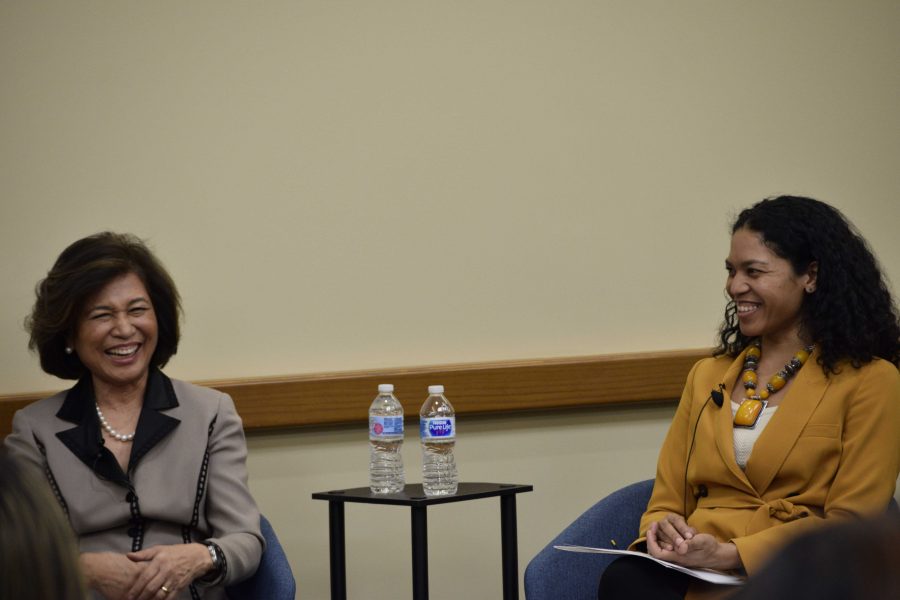
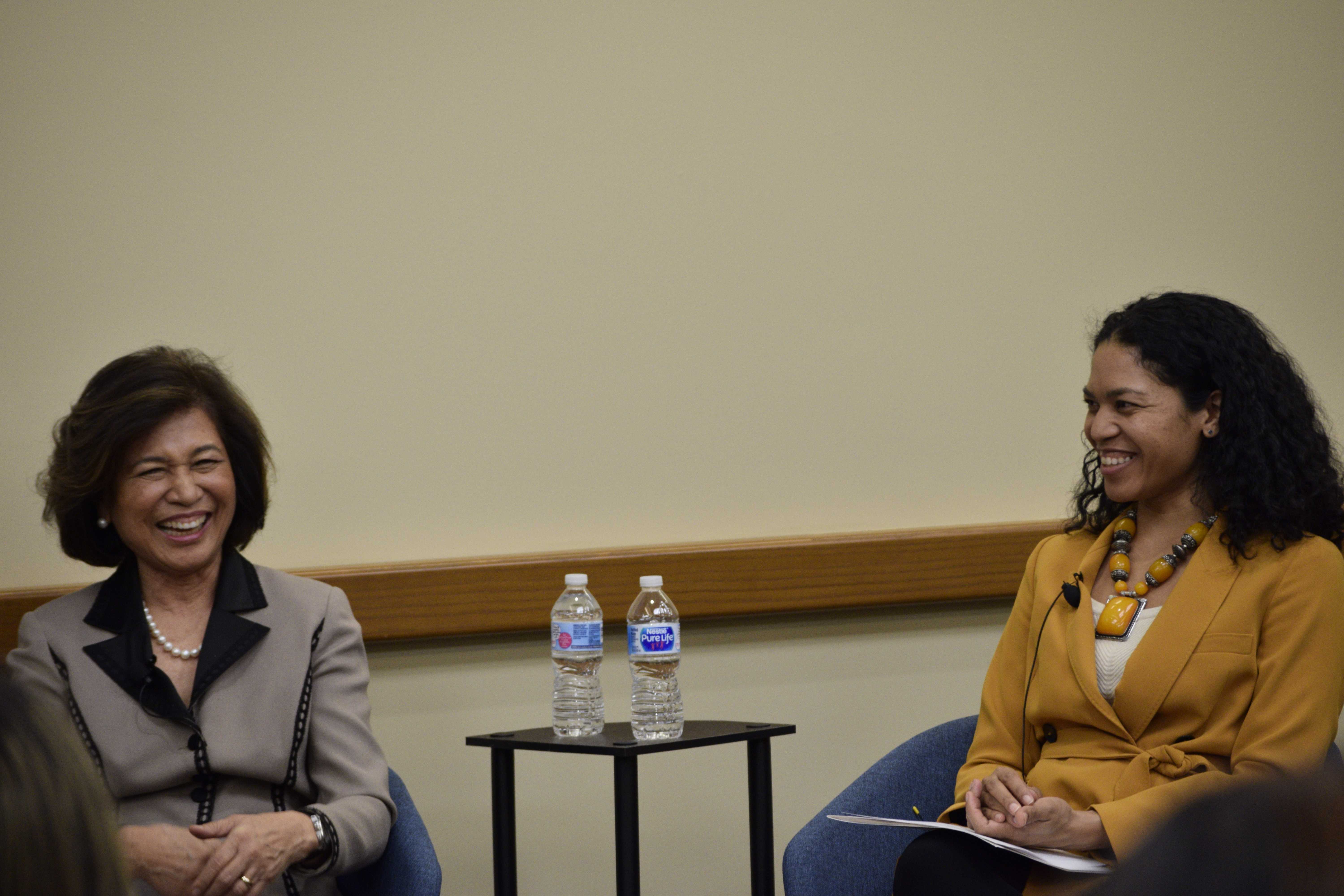



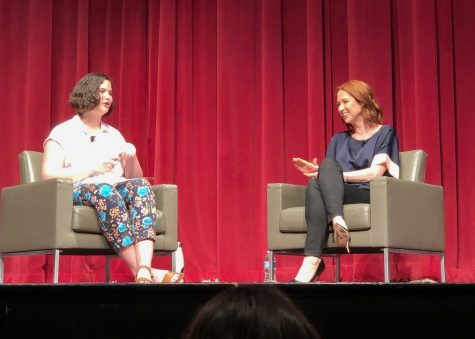
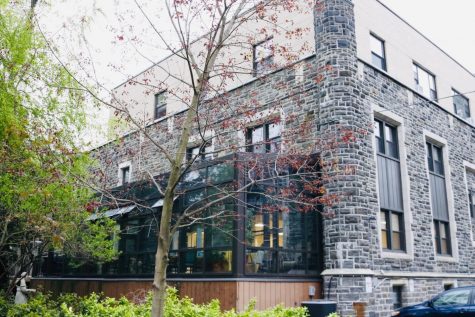
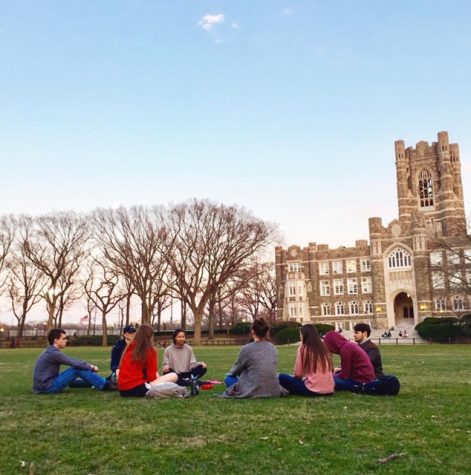
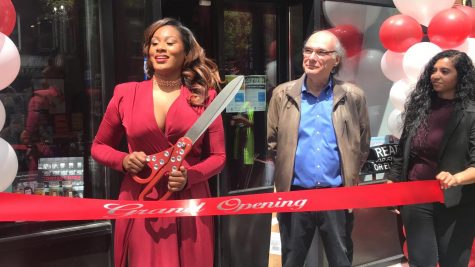

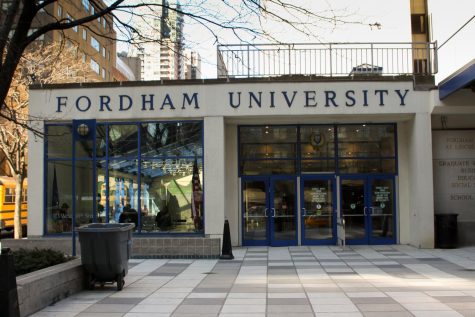
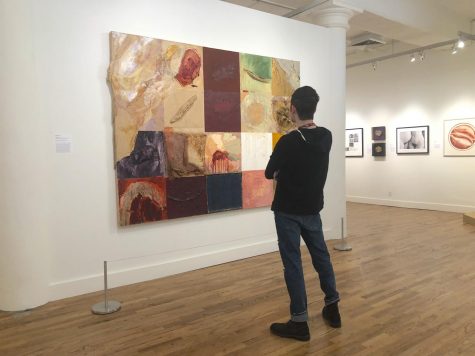
If you want a picture to show with your comment, go get a gravatar.